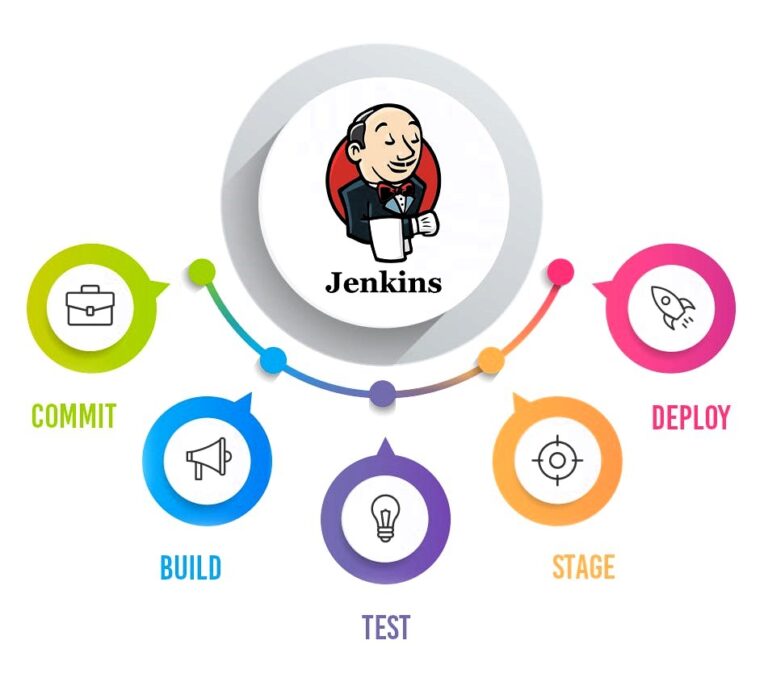Jenkins Services
For Easy Infrastructure and Improved Innovation
Speed and quality of software delivery matter more than anything else in the current IT industry scenario. This is key to gaining a competitive edge or winning the market through benchmark solutions backed by faster innovation.
But achieving this is not so easy!
Though technology solutions like DevOps have shown the path of continuous delivery, getting the desired result demands the effective implementation of relevant tools and resources. The tools that align your existing IT infrastructure with the set objectives and drive production at the expected rate are the need of the hour. There are many tools in the DevOps lifecycle by purpose, such as code, build, test, package, configure, infrastructure, and monitor.
‘Jenkins’ is one you would require in this transformational journey!
Why Jenkins?
Jenkins is a self-contained, open-source automation server that helps IT teams execute build, test and deploy operations of the software development process. It’s a Java-based continuous integration server most popularly used for managing continuous integration builds and delivery pipelines.
Jenkins is easily installable through native system packages or standalone on any machine with a Java Runtime Environment (JRE) and can run independently on any platform.
How Jenkins Impacts Software Delivery?
As an extensible automation server, Jenkins easily integrates with hundreds of plugins in the Continuous Integration/Continuous Delivery (CI/CD) toolchain. It comes with a simple configuration setup over a web interface. It can either be used as a CI server or transformed into a continuous delivery hub per the project requirements.
It helps developers in continuous build and test operations and supports easy integration of various development lifecycle processes such as build, test, package, stage, deploy, analysis, and more. It requires little maintenance and has a well-incorporated GUI tool for continuous updates. Jenkins executes automation scaling at an advanced level, making communication and collaboration among processes and teams more accessible.
As the developer sends the code to the source code repository, the Jenkins server monitors the repository for any updates or changes. Upon a code commit, it pulls the changes made and prepares builds to send it to the test server. This pipeline to create builds (prepare, test, package, publish, and deploy) can be configured, and after running it successfully, Jenkins generates alerts and notifies the developers about build and test results.

Overall, Jenkins Solution Promises:
Continuous Integration/Delivery
Easy Configuration
Simplified Infrastructure
Easy Installation
Increased Automation
Improved Delivery Speed
Why Choose Veritis?
Today’s many leading IT solutions and services are part of Veritis Consulting. Veritis has a team of DevOps experts who can help you in DevOps implementation along with the implementation of relevant tools and resources. Our Jenkins experts assist in all directions of Jenkins implementation by analyzing your business requirements.

Easy Tool Integration

Scaled Automation
Continuous Integration/Delivery

Improved Innovation

Simplified Configuration and Installation
